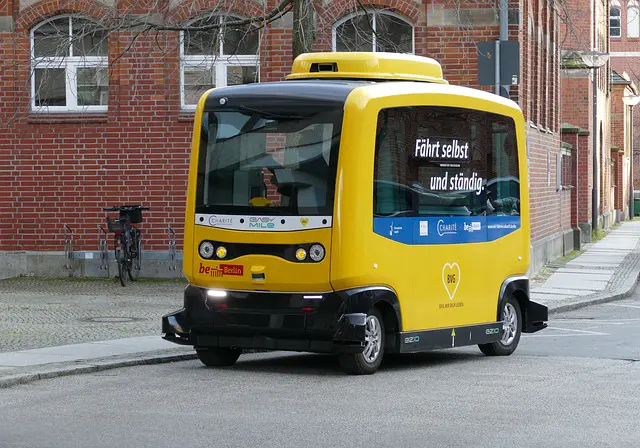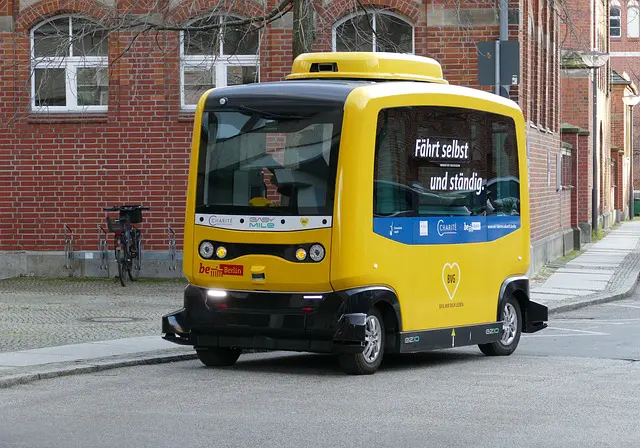The term "workcation" has become increasingly popular in recent years, particularly with the growth of remote employment opportunities. Rather than taking a complete break from work, individuals are now choosing to merge their professional and personal lives, enabling them to discover new places while continuing to work effectively. Here are the reasons why workcations are expected to lead the travel industry in 2025:
- Increased Autonomy for Remote Employees: As companies continue to embrace flexible work policies, employees working remotely have the freedom to work from any location. Workcations provide the opportunity for these professionals to manage their work responsibilities while exploring new environments, whether it's participating in online conferences or completing tasks from a scenic spot.
- Mobile Coworking Hubs: There is a growing need for coworking spaces in tourist hotspots. Cities around the world, from Bali to Barcelona, are now providing a variety of work-oriented settings that merge comfort with efficiency, complete with reliable internet connections and a dynamic network of fellow travelers.
- Customized Workcation Destinations: Certain locations are developing specialized packages aimed at workcations, which include extended stays with access to office facilities, meeting rooms, and social events. These packages cater to those seeking to harmonize their work and leisure time.
- Emphasis on Health and Well-being: A number of workcation spots are now incorporating wellness programs, giving digital nomads the chance to relax and rejuvenate after their work sessions. Elements such as yoga retreats, meditation spaces, and nature trails are included in workcation offerings to encourage a holistic lifestyle.
As remote work becomes more of a norm, workcations are poised to redefine the way we approach the combination of travel and work, turning what were once mundane business trips into fulfilling and revitalizing adventures.
Recent
See All2025-07-31
Welcome to the Frontier of Thrill-Seeking: Must-Visit Extreme Sports Hotspots for 2025
2025-07-31
Discovering Europe's Best-Kept Secrets: Uncharted Travel Destinations
2025-07-31
Explore the Vibrant Fabric of Japan by Rail: A Comprehensive Travel Guide
2025-07-31
Delve into the Enigmatic Mysteries of Egypt Beyond the Pyramids
2025-07-31
Discover the Future of Travel: AI and Robotics Redefining Your Vacations
2025-07-31
Diving Deep into the Soul of Culture: A Comprehensive Guide for In-Depth Travel
2025-07-31
Embark on an Enchanting Journey Through Egypt's Timeless Splendors
2025-07-31
Discovering Kenya's Rich Wildlife: A Thrilling Safari Journey
2025-07-31
The Evolution of Travel: AI and Robotics Transforming Your Vacations
2025-07-31
Embarking on a family vacation can be an incredibly rewarding journey, and selecting the ideal location is crucial for a successful trip. This article showcases the top spots that cater to families, providing a plethora of enjoyable activities for children and creating lasting memories for everyone involved.
Newsletter
Get life tips delivered directly to your inbox!











